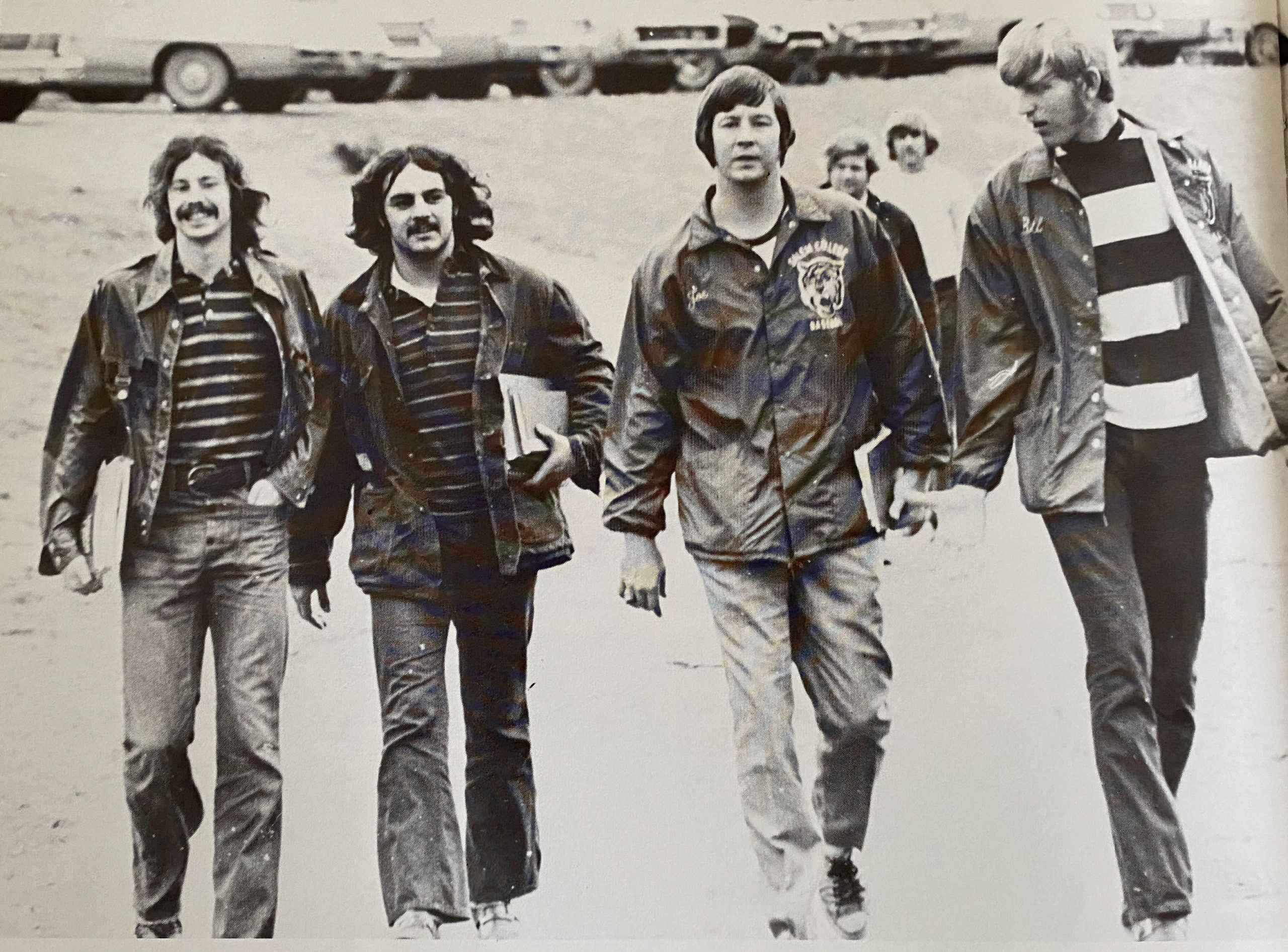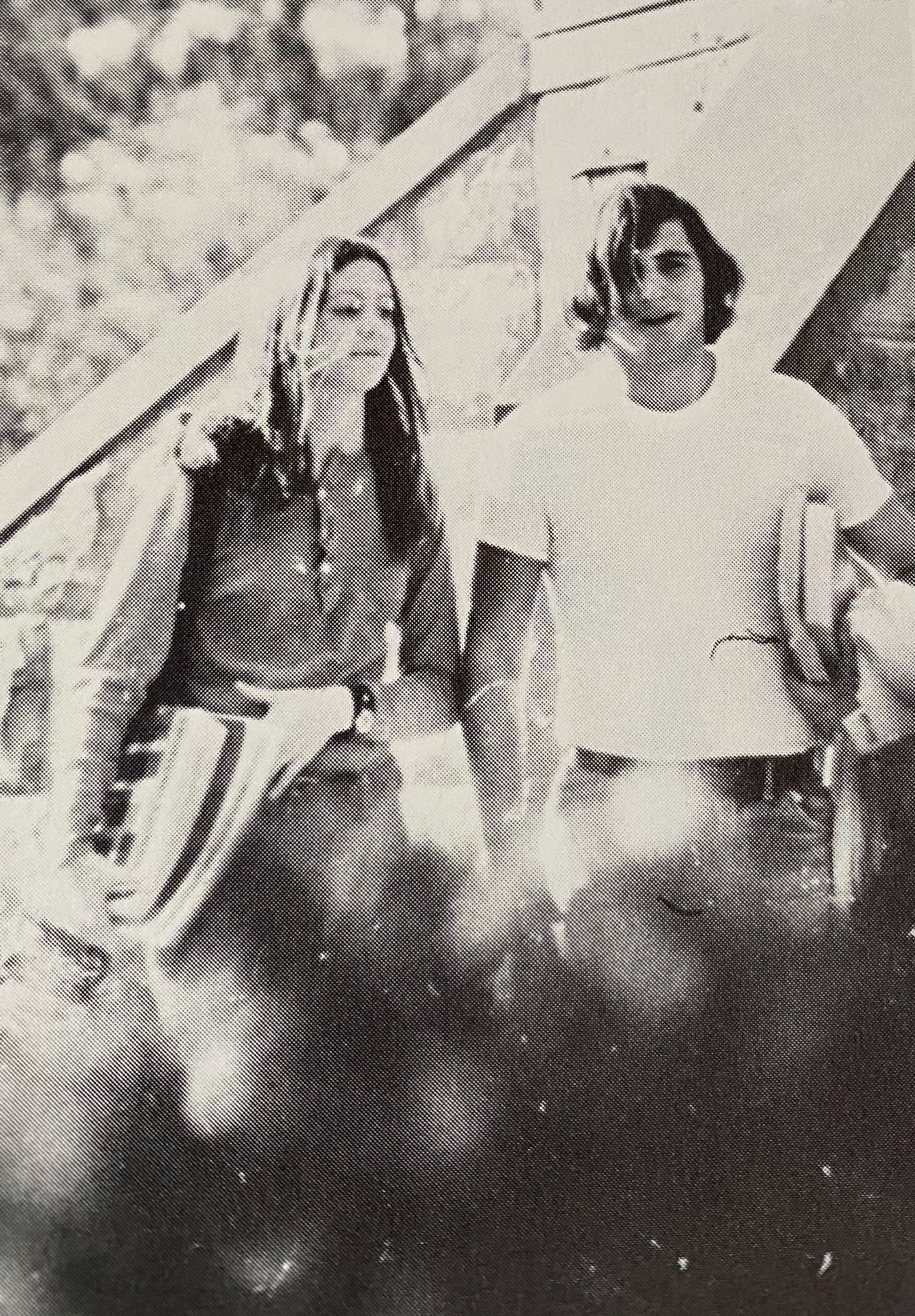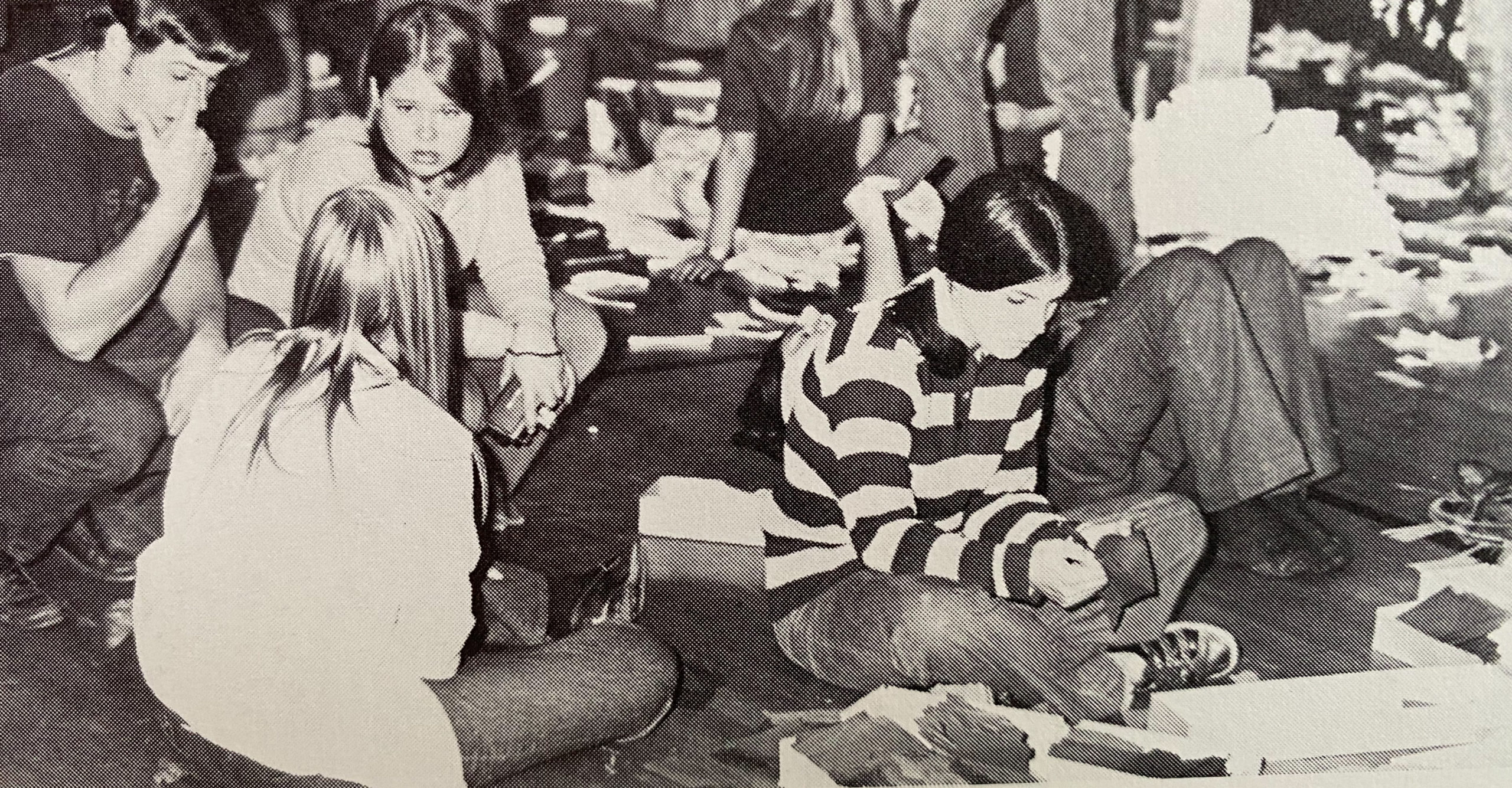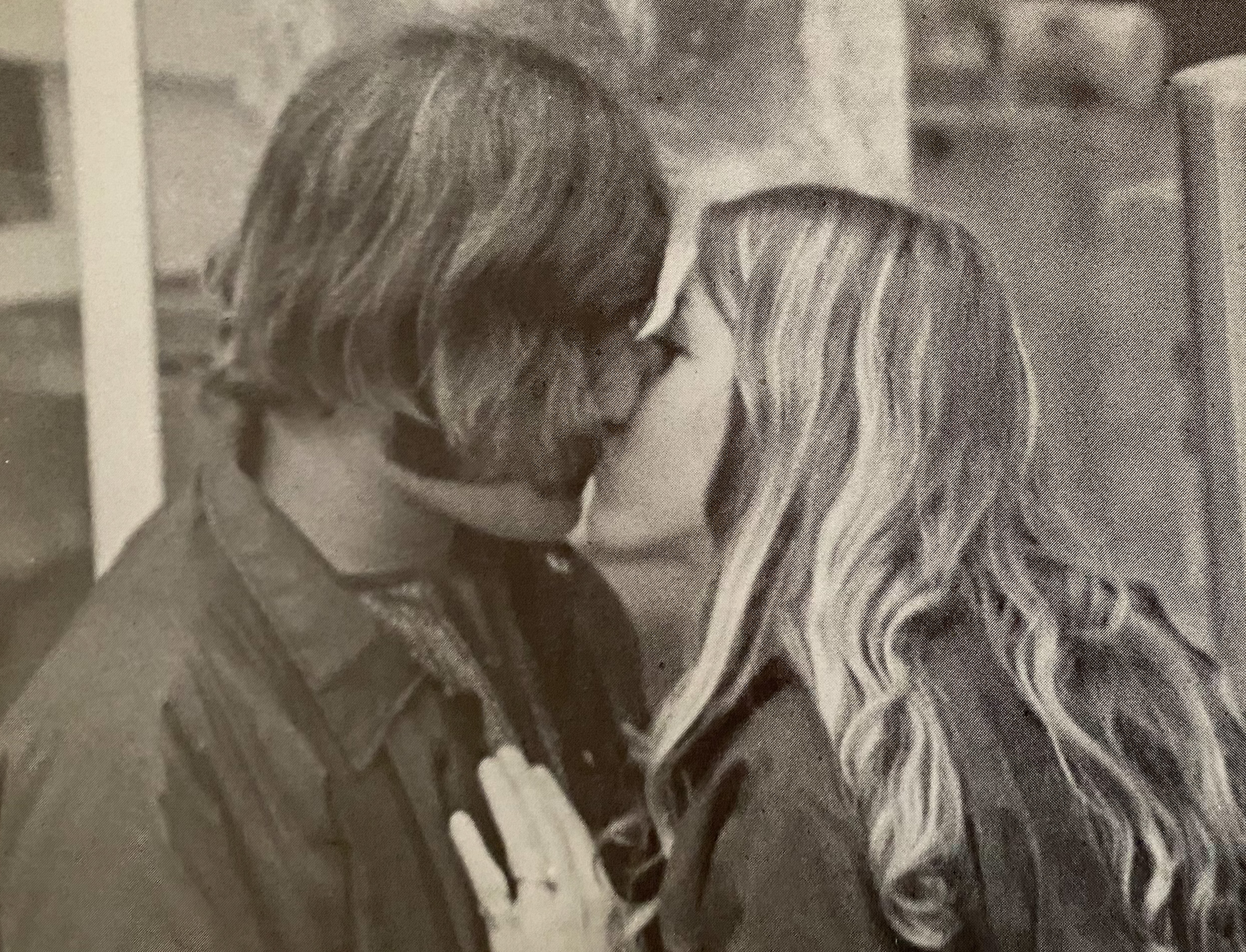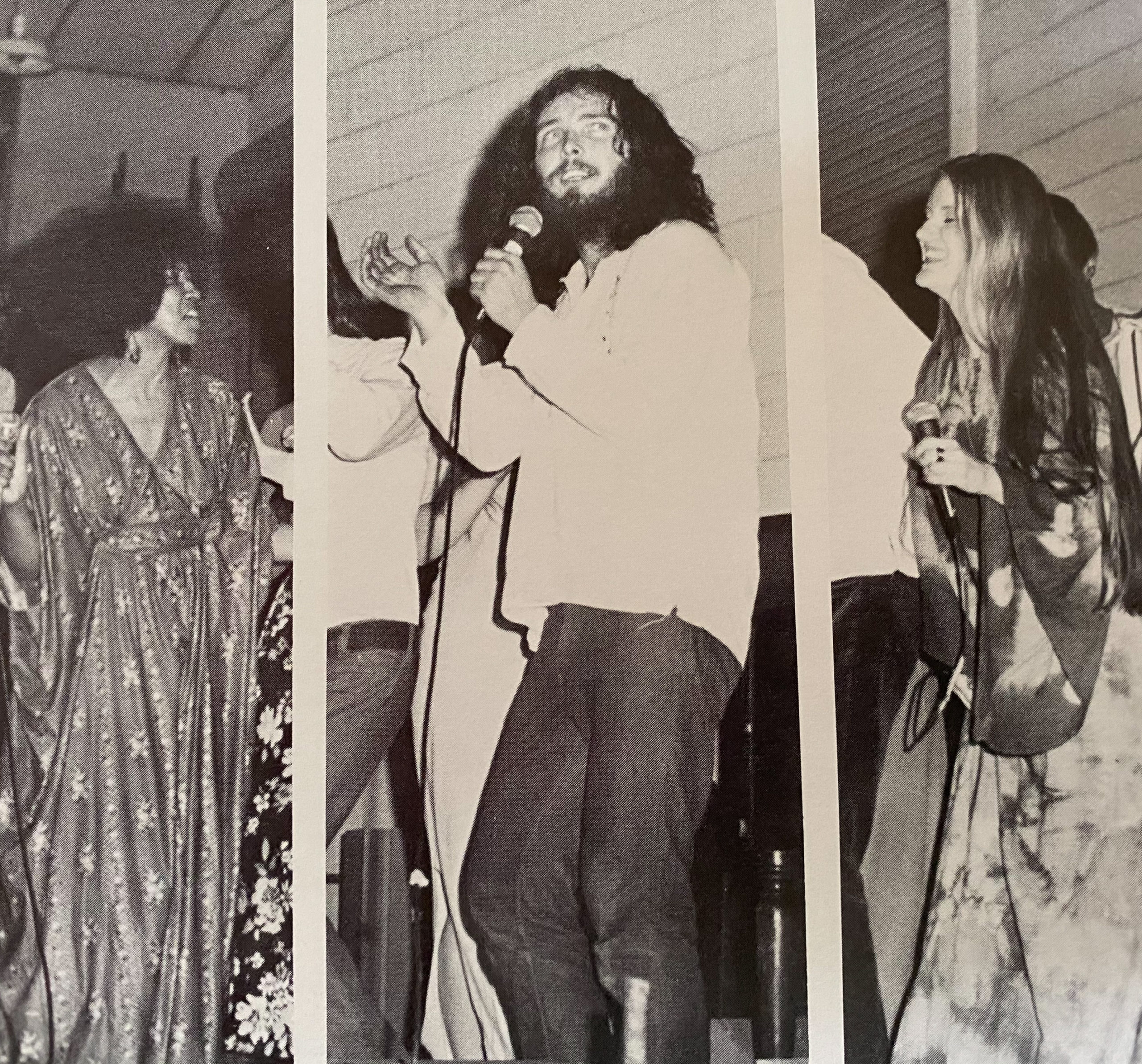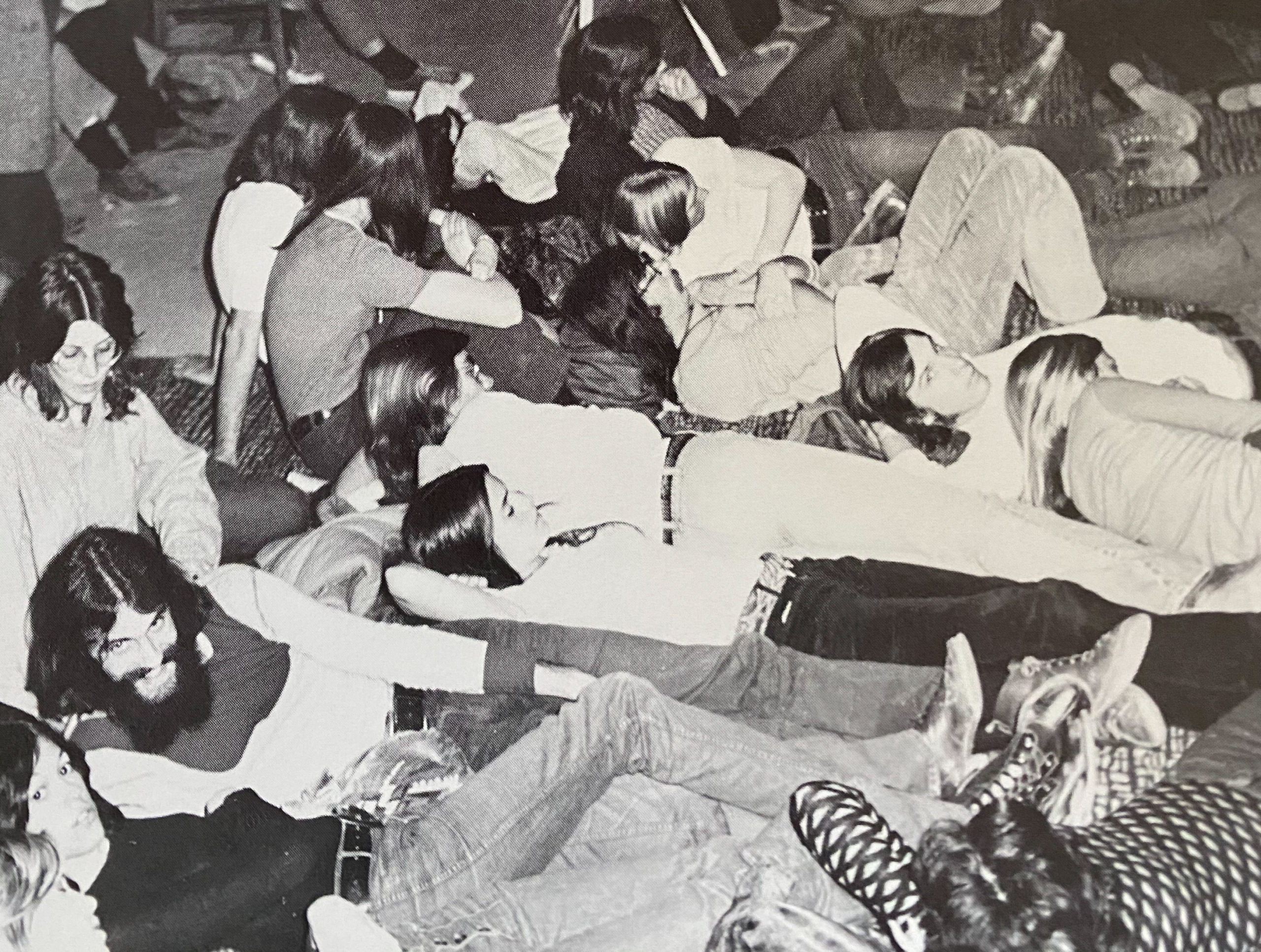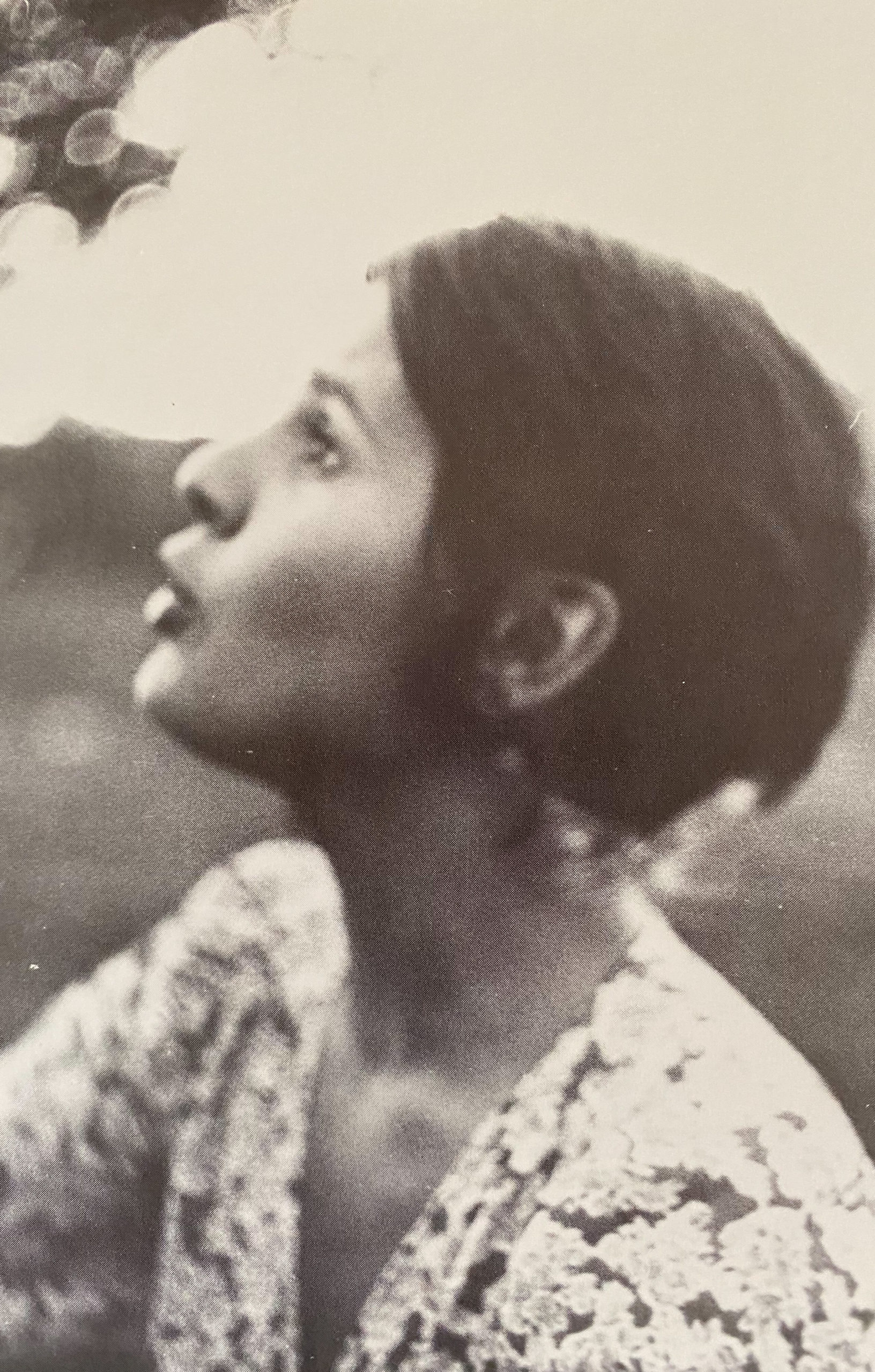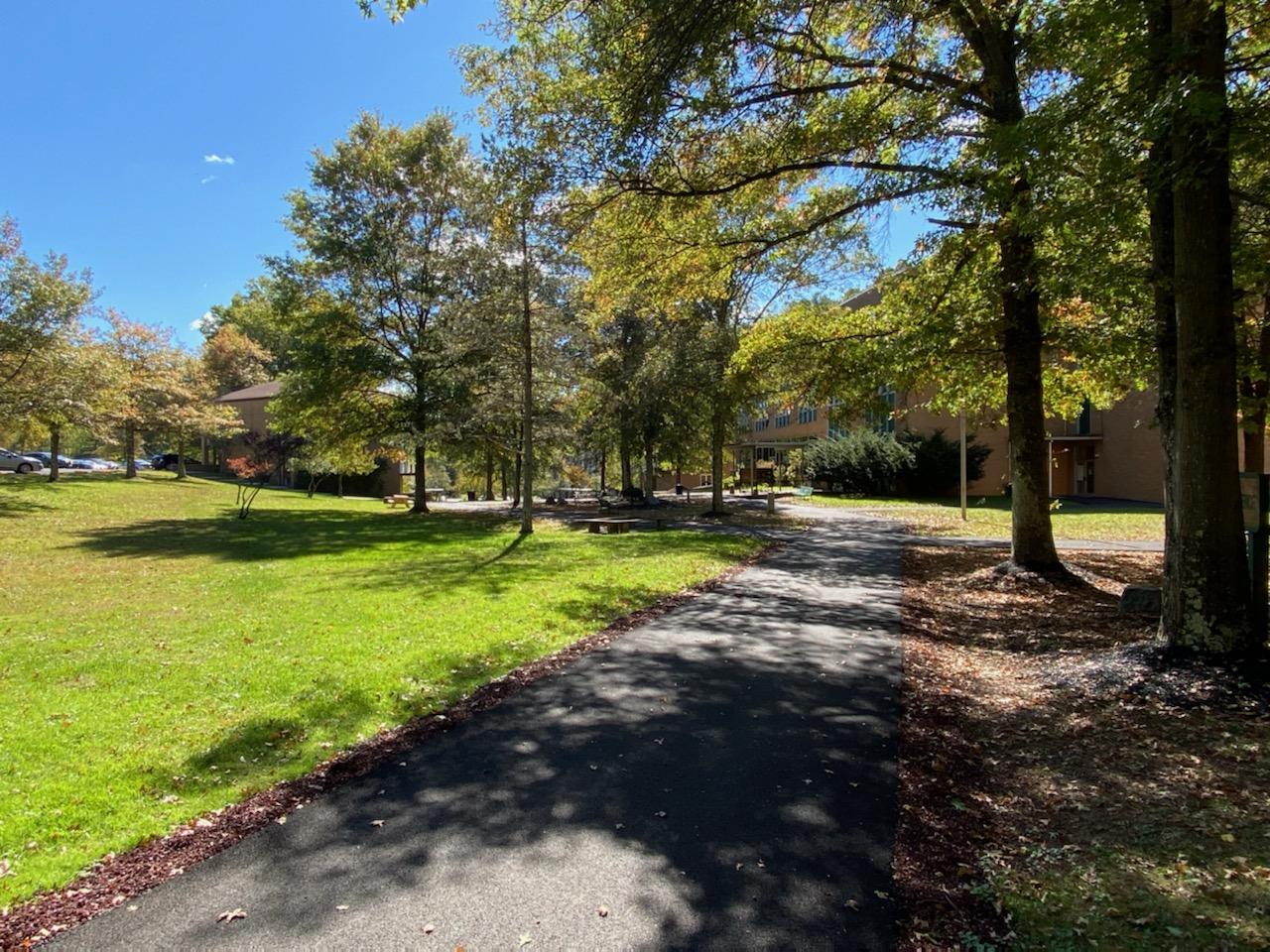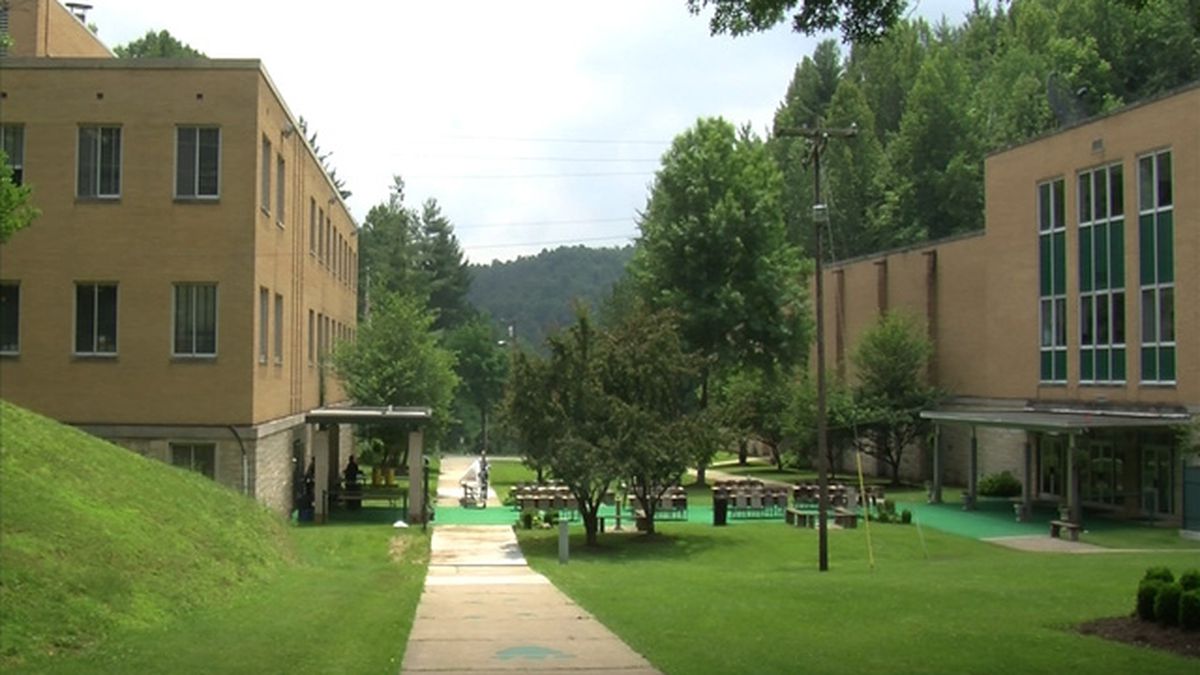Under the Arch
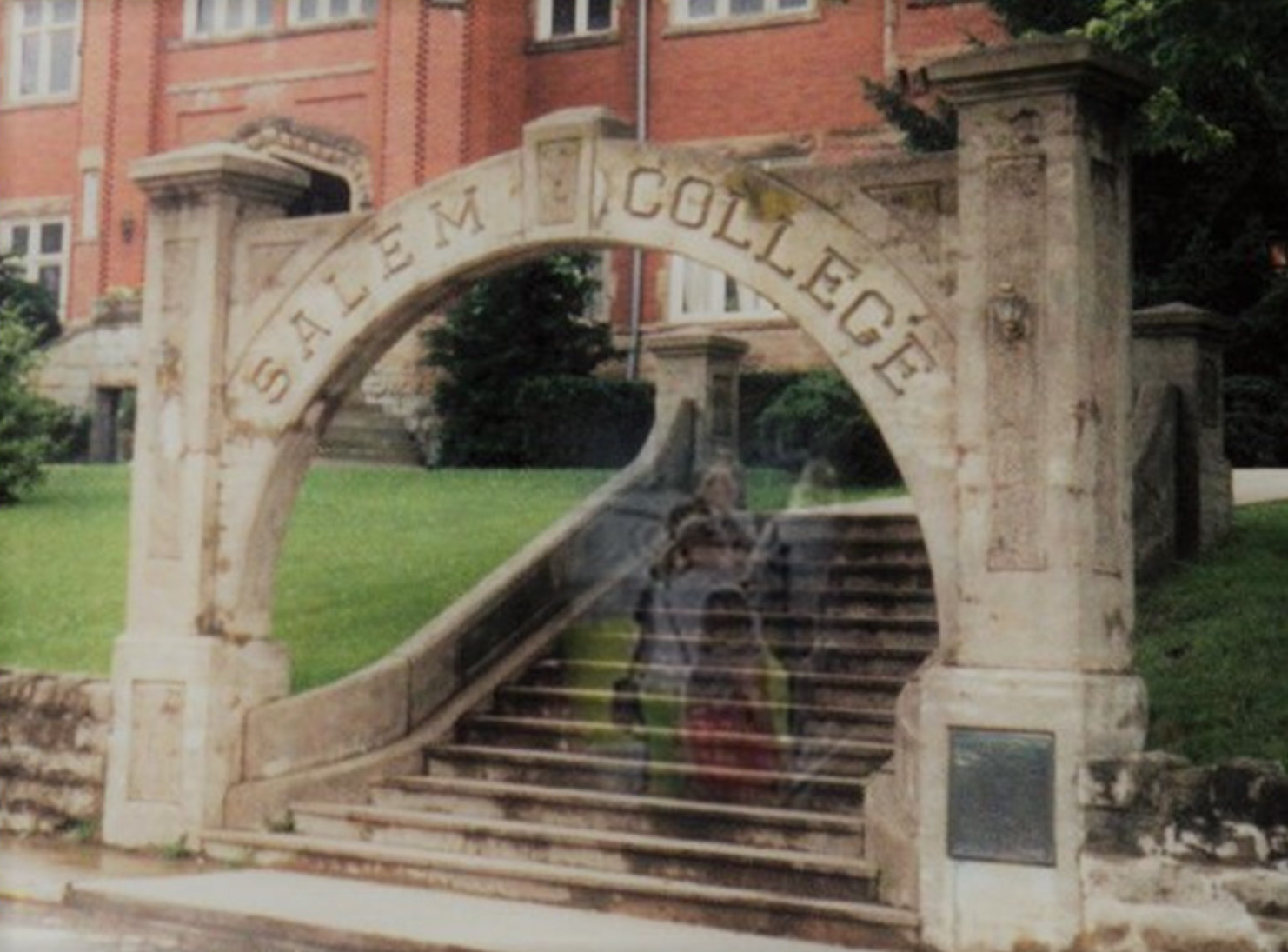
 nder this arch, thousands have passed. Each with their own dreams, goals, following their own path. My time was the late 60’s and early 70’s. Salem College was much different then, compared to now. Even the name is different – Salem University. However, for me and others, it will always be Salem College.
nder this arch, thousands have passed. Each with their own dreams, goals, following their own path. My time was the late 60’s and early 70’s. Salem College was much different then, compared to now. Even the name is different – Salem University. However, for me and others, it will always be Salem College.
Over the years, when I would return to Clarksburg to visit relatives, I would occasionally drive through the campus to see what was the same and what had changed. I would often pull into a parking lot and remember what it was like to be an undergraduate and graduate student. I could still see the crowds heading toward class. Hear the laughter. And the occasional strum of a guitar. However, I never really ventured ‘into’ the campus until a few months ago.
Before we go any further, let me take you back to the Salem College I knew. From early morning to early evening and between classes, the streets and paths between buildings were full of students either heading to class or just ‘hang’ng’ around.
